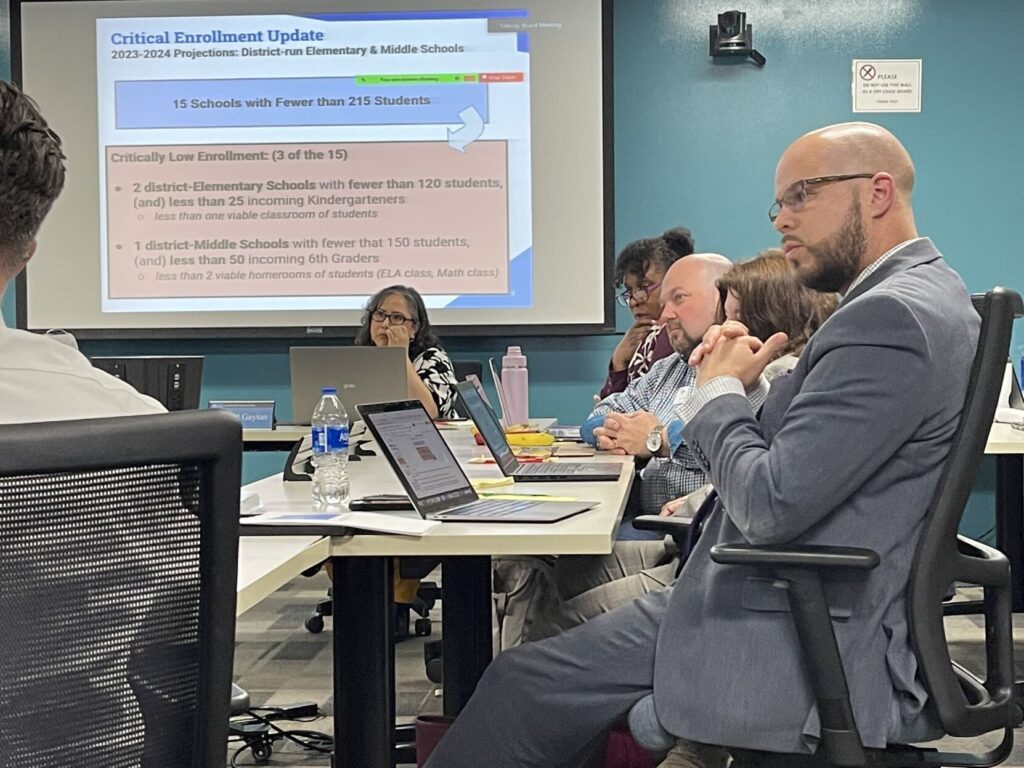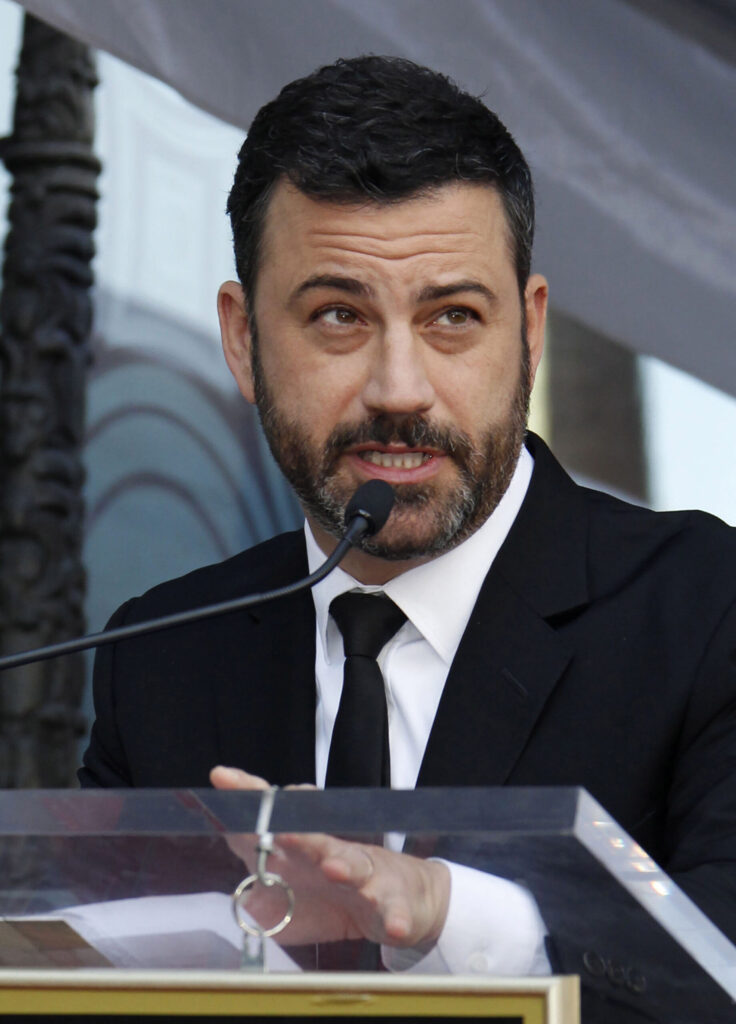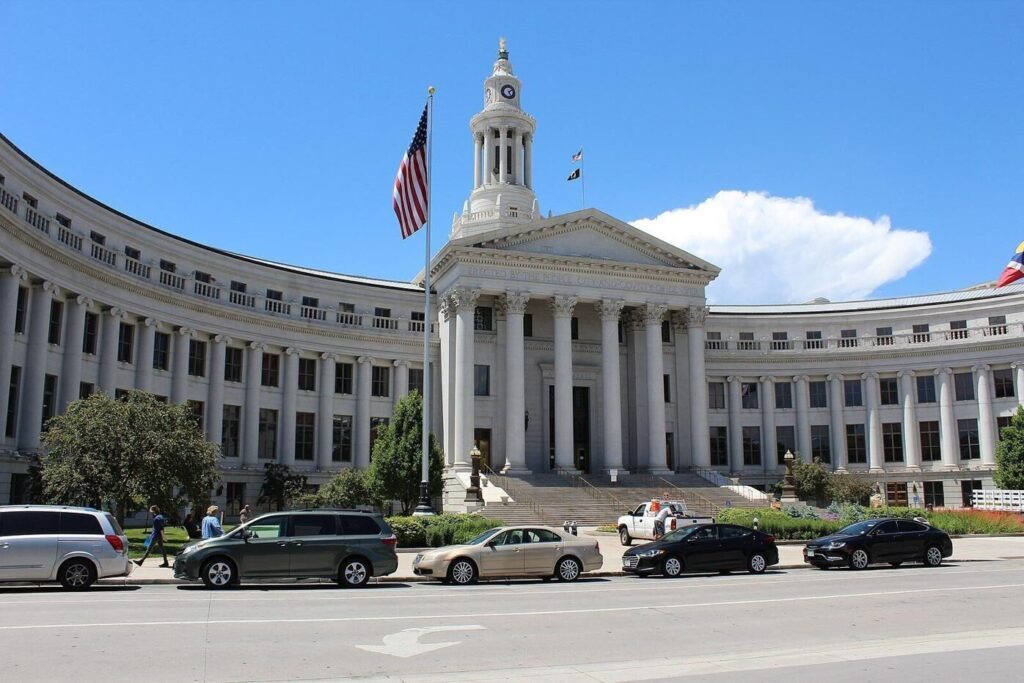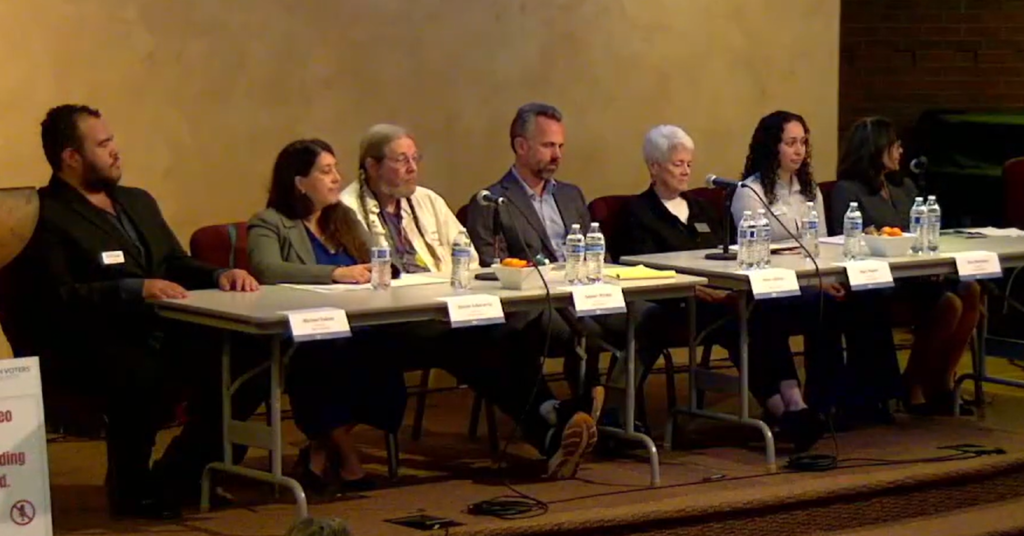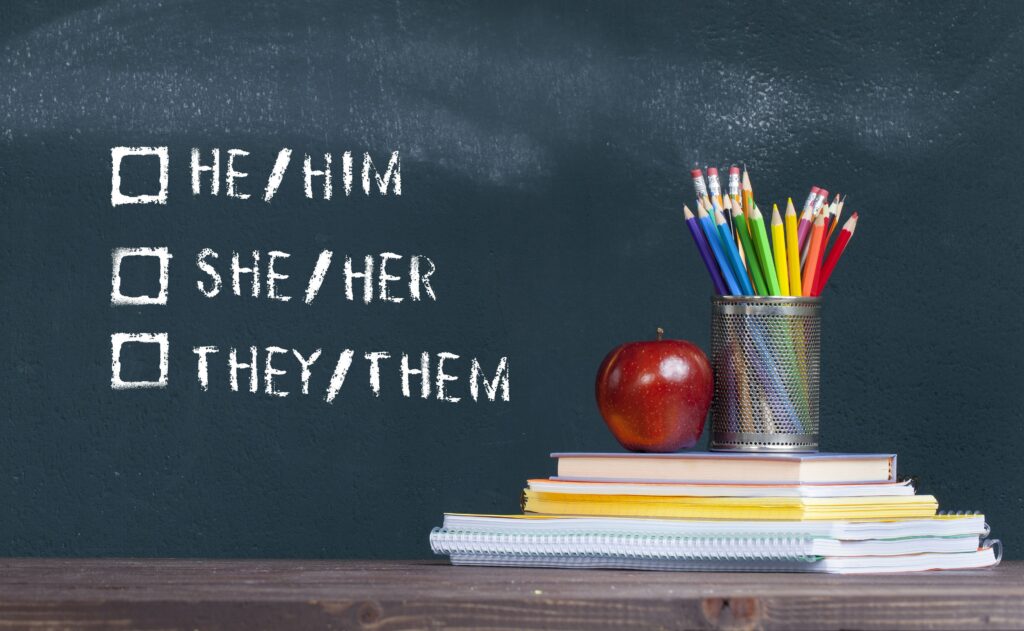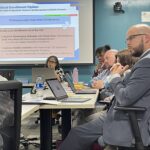COLUMN:Cycles of genocide disrupted | Pius Kamau
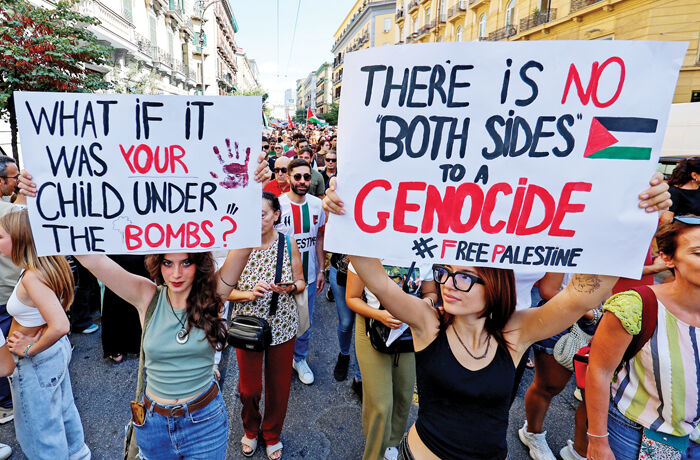
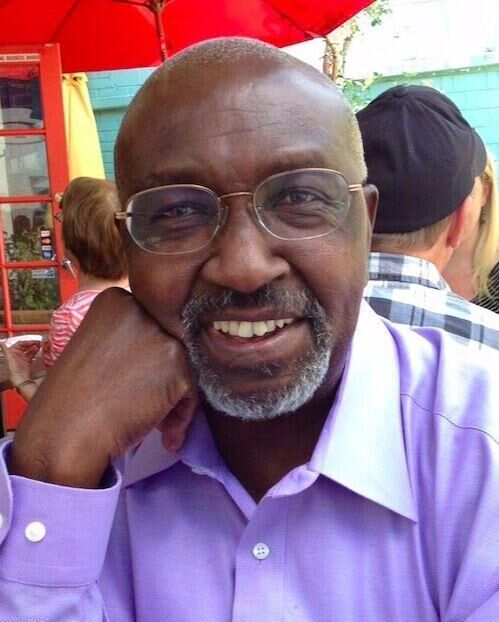
Genocides resemble most diseases: they have incubation periods and sometimes have what’s referred to in medicine as prodromes. Both are important periods when united nations can reverse genocidal realization and completion. I have talked a great deal about global genocide in “Never Again,” the podcast I host. I should have, but did not know of disrupt-able cycles of genocide. It was revealed to me a few weeks ago as I prepared to participate in a World Denver discussion about disruption of cycles of genocide. Juma Muhammad — a refugee from Darfur and Rachel Miner — founder and CEO of Bellwether NGO and myself discussed how her organization has been engaged in disrupting cycles of genocide in a number of places where its likelihood seemed imminent.
But first a few words about World Denver — worlddenver.org. It is an organization that has done a great job to foster greater understanding of our world through convening on global issues, supporting international education and participating in cultural exchanges. In many ways, World Denver is a beacon light flashing in the Rockies to guide global travelers to this nation as a destination — a worthy endeavor in a world spinning ever so fast toward disunity. I was there at its inception when Karen Debartolome gathered a community around her aiming to foster global understanding. It holds regular informative events that everyone in Denver would find instructive, and entertaining. World Denver’s International Women’s Day celebration in March is a conference of great import; all of Denver should celebrate it.
Rachel Miner started Bellwether NGO in 2019 to find and create ways to disrupt cycles of genocide by creating genocide resistant societies, that would thus flourish and thrive. In our modern world’s reality, genocides resemble volcanic eruptions. They seem to appear overnight, in every clime; any location. More often though, eruptions follow a cyclic pattern; there is intentional destruction in whole or in a part of a group or individual based on ethnicity, nationality, race or religion. Bellwether’s vision is to create a world where policymakers can prevent genocide; where individuals can resist genocidal acts and instead create peaceful, plural societies by recruiting locally and implementing sustainability.
A truly magnificent idea is groups of people who at one moment were at each other’s throats, being brought together to work toward peaceful resolution of their differences so they can prosper together.
Rachel began her work in Iraq with the Yazidis, who between 2014 and 2017 suffered genocide at the hands of ISIS, characterized by massacres, genocidal rape and forced conversions to Islam. In three years, ISIS trafficked thousands of Yazidi women and girls, killing their men. The tragedy of the Yazidis — they practice a monotheistic Iranian ethno-religion — was particularly brutal to the women and girls. Religious differences, Islam versus Yazidism — were at its center.
Different religions and faiths power most genocides. Occupation of land and acquisition of others’ wealth play a role such as the killing of 15 million Congolese at Belgium’s Leopold II’s behest. Many current and ongoing genocides: Sudan, DRC, Myanmar and elsewhere, have religion and land as their main motivation. Women bear the brunt of atrocities and suffering in all of them.
Bellwether has intervened in Iraq, with Yazidis, and with Muslims and Christians of Northern Nigeria, both brutalized by Boco Haram, by interrupting intergenerational trauma with cognitive behavioral therapy. Post genocidal societies can free themselves of psychological trauma that weighs them down in addition to improving peoples’ lives through economic integration — establishing businesses, crafts and other endeavors. Religious tolerance is feasible when people can talk to one another; when governments are active partners to groups like Bellwether.
Most genocides, when communities resort to violence, turning on their neighbors as a result of dire economic conditions, tend to be cyclic. Many governments and non-state actors perpetrate genocide; while communities carry them out. The solution is to disrupt eruptions of violence proactively. And because women pay the greatest physical price in genocides, they’re able to play an active, dominant role in building peace bridges, as well as teaching children how to survive and prevent future genocides.
Someone asked if the US was in danger. Our loud vituperative discourse, and doubts as to who deserves to be an American don’t augur well. The wise are too young; or they’re already too senile to care. Because of America’s unquenched cauldron of racial animosity, sober leaders should be aware of the dry combustible tinder that our disparate politics present to our conflicted state.
Pius Kamau, M.D., a retired general surgeon, is president of the Aurora-based Africa America Higher Education Partnerships; co-founder of the Africa Enterprise Group and an activist for minority students ‘STEM education. He is a National Public Radio commentator, a Huffington Post blogger, a past columnist for Denver dailies and is featured on the podcast, “Never Again.”






